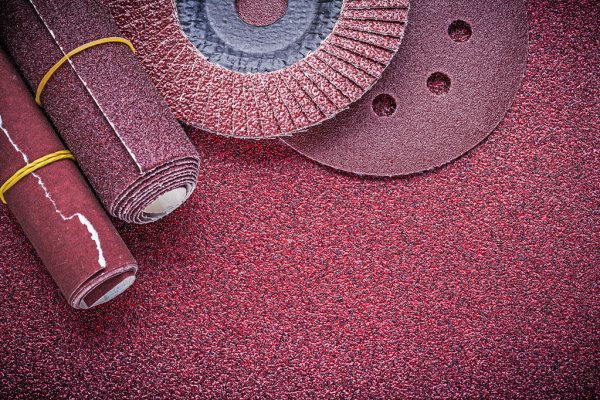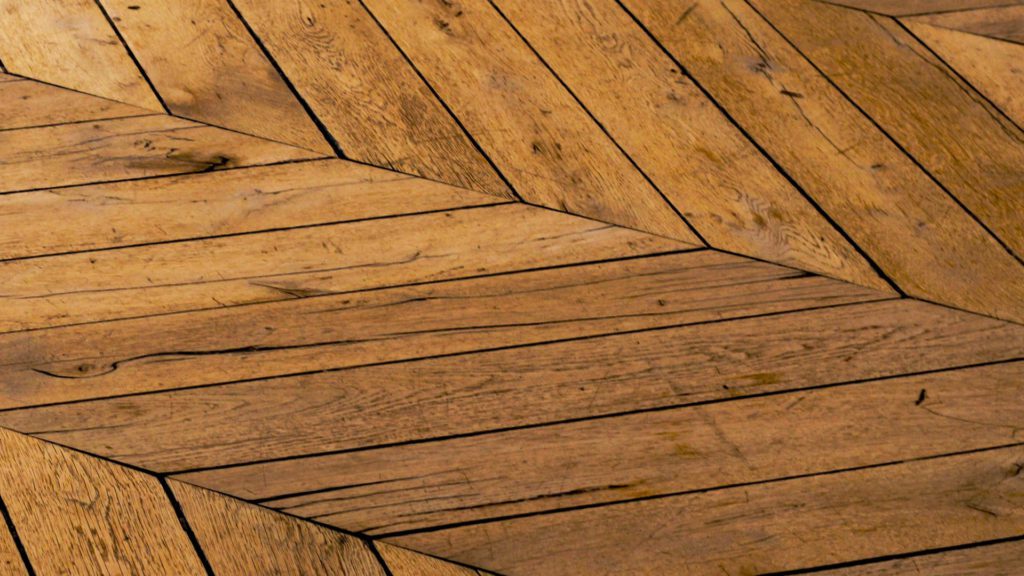
Sandpaper
Shop the highest quality sandpapers and sanding discs around. We can ship all of our sandpaper and sanding discs nationwide and internationally.
Sanding with the highest quality sandpaper or sanding discs is vitally important. You will not get a quality end product if you do not start off on the right foot and the proper sandpaper is vital to this. Working your way down through sandpaper grit levels until you get that perfectly even finish is all part and parcel of working with wood. High quality sandpaper or sanding discs can ensure you of this look and overall save you time.
If you have any questions or queries about what sandpaper or sanding discs are best for you, then just get in contact with us and we can help guide you.

Goldflex Sandpaper Roll
Foam backed high quality sanding roll available in various grit, perfect for sanding MDF
–
25M
–
P240 Grit
–
Product Code: 0-00606

Goldflex Sandpaper Roll
Foam backed high quality sanding roll available in various grit, perfect for sanding MDF
–
25M
–
P150 Grit
–
Product Code: 0-00621

Goldflex Sandpaper Roll
Foam backed high quality sanding roll available in various grit, perfect for sanding MDF
–
25M
–
P320 Grit
–
Product Code: 0-00607

Velcro Sanding Disks
High quality orbital sanding disks available with no holes, 6 holes & 18 holes
–
25M
–
P80 Grit
–
Product Code: 0-00613

Velcro Sanding Disks
High quality orbital sanding disks available with no holes, 6 holes & 18 holes
–
25M
–
P240 Grit
–
Product Code: 0-00614

Velcro Sanding Disks
High quality orbital sanding disks available with no holes, 6 holes & 18 holes
–
25M
–
P320 Grit
–
Product Code: 0-00615

Velcro Sanding Disks
High quality orbital sanding disks available with no holes, 6 holes & 18 holes
–
25M
–
P120 Grit
–
Product Code: 0-00623

Velcro Sanding Disks
High quality orbital sanding disks available with no holes, 6 holes & 18 holes
–
25M
–
P150 Grit
–
Product Code: 0-00624

Velcro Sanding Disks
High quality orbital sanding disks available with no holes, 6 holes & 18 holes
–
25M
–
P180 Grit
–
Product Code: 0-00625
Sandpaper Grit Numbers Explained For You
If you have looked at or bought sandpaper you will have probably noticed that there are numbers on the packaging and backing of the sandpaper. This stands for the sandpaper grit, or the sandpapers roughness. Lower numbers mean larger sandpaper particles which will remove more material but at the cost of causing more scratches. A high number means finer particles which will remove less material but leave a tidier, polished look.
When sanding, you will probably work through a number of grit sizes. Starting with lower numbers and bigger particles, making your way finer and finer. This will remove more and more scratches and give a more polished look by the end of the process.
Sandpaper comes in a wide range of numbers. These go from 24 for removing lots of material, all the way up to 2000 which is usually used for working with the paint on vehicles. For use in the home, you will usually see grits between 60 and 240. This will vary depending on what you are doing. Always be aware of the manufacturers recommended use when working.
A general guide is is that grit numbers 36 to 100 are best used for removing material with a power sander. This could be the likes of stripping away coatings, removing rust, levelling wood or removing inconsistencies in the wood.
Moving up then, 100 to 180 works with both power and hand sanding. It is best used on bare surfaces for finishes. It also works well on metal, being used on smoothing pieces. For wood it works well for removing scratches and prepping it for finishing.
The final grit range for home use is 180 up to 320, you are best off hand sanding at this stage. This may be scuffing the surfaces between coats and removing woodgrain fibres.
If you have any questions about what sandpaper grit will work best for your project then just get in contact. If you are unsure what sandpaper will be best for your project check out our post here.
An electric sander will work quicker and more efficiently. It can be used to get rid of excess material, levelling and in general shaping wood. Sandpaper comes in sheets, discs, belts and sometimes machine specific shapes. Hand sanding gives you more control with a lighter level of sanding. You will also be able to get at harder to reach areas than with a power sander. It comes in sheets that can be cut to the desired size. Some sandpaper can be used for both hand and electric sanding.
Types of Sandpaper – What Works Best For Your Job?
An easy way to know what kind of sandpaper will work best for you is to know what it is made from. Some use natural materials:
Garnet
This is good for hand sanding. It works well on raw wood, taking out light scratches and prepping a surface for its final finish. The rough surface breaks when it is used, giving new areas for removing material. However, it does not last long.
Emery
This can be used for both hand sanding or with an electric sander. Coarse sandpaper will work to lift rust or paint, with finer grits working well to polish. This has a cloth backing to it.
Now for some man made sandpapers.
Silicon Carbide
This removes material quicker than some other man made sandpapers, however it does not last very long. It works well on wood, plastic or metal for rough sanding, removing rust or sanding between coats. They often have a waterproof backings to allow for wet sanding which minimises scratches on the surface. It also reduces the changes of the paper clogging with material.
Aluminium Oxide
This is a common sandpaper type that works well on wood, plastic, plasterboard and metal. It constantly breaks down during use to give you new, sharp edges to work with. It is a popular choice for electric sanders, but can work with hand sanding too.
Zirconia Alumina
Best used on wood, fibreglass, metal and painted surfaces. It comes in a few different types like belts, pads and sanding discs. Similar to other types of sandpaper, the material breaks down as you use to constantly giving you new surfaces to work with. It is harder wearing than aluminium oxide.
Ceramic Alumina
Get this sandpaper in discs or belts. It is a very aggressive paper that is best used for removing material on wood. It is a long lasting sandpaper.
Some sandpapers are advertised as closed or open coat. Closed coat products have abrasives covering the backing. This means more material is removed which is good for hand sanding but at the risk of clogging faster than open coat items. Open coat products have empty space on the backings which lets material build up without reducing effectiveness. This makes them good for electric sanding.
These are some of the types of sandpaper out there. If you need more information then just get in contact with us today.

